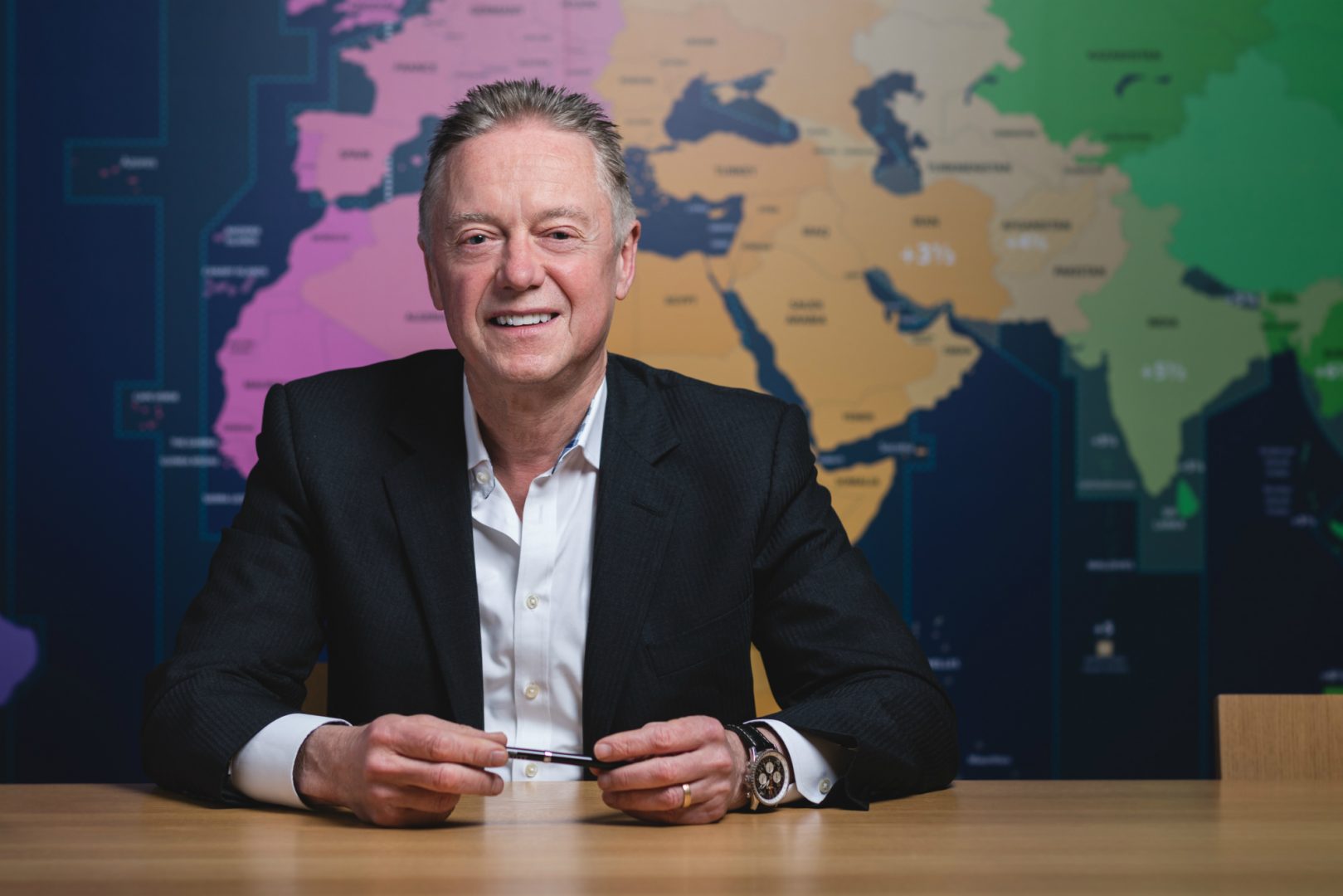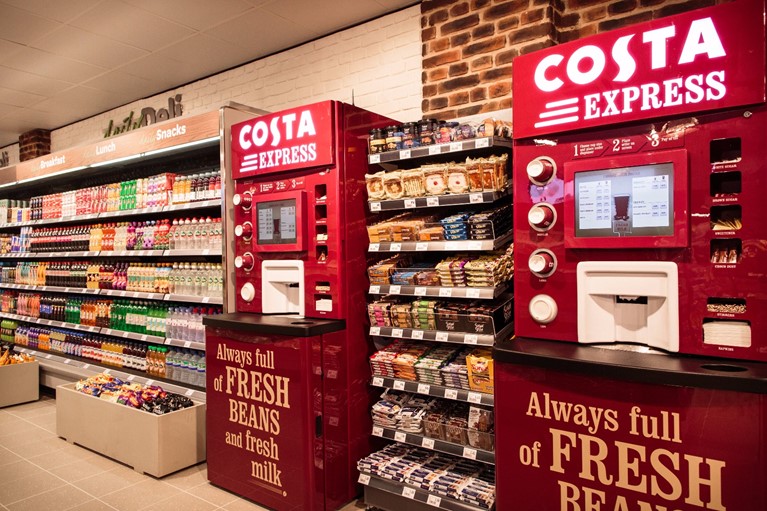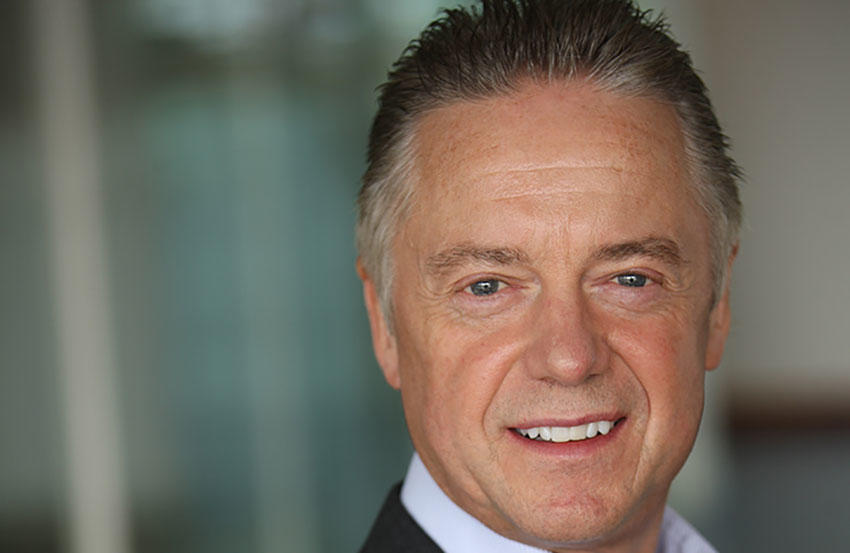- Nick Earle was previously an investor of Eseye before becoming CEO
- The company specialises in IoT and increasing global connectivity
- Eseye has deployed innovation alongside the likes of Amazon Web Services and Costa Coffee
Tell Us About Eseye
Eseye is a specialist IoT solutions provider and was founded by a team of communication and software engineers working in Guildford, Surrey. We work with global brands and empower them to utilise IoT (Internet of Things) to save company resources, money, and critically, time. We are a rapidly growing UK based start-up with more than 2,000 customers around the world, and have around 2 million devices under management. We work with companies at every stage of the lifecycle, from device development and production, to implementation and ongoing management. We are a strategic partner of Amazon Web Services too, enabling us to not only connect devices, but help customer’s make sense of the data as well.
Eseye’s founders designed the Zigbee communication protocol that is now used in billions of devices around the world. They realised that the traditional cellular SIM card-based model could never provide 100% global connectivity for IoT devices, so our vision was to bring ubiquitous global connectivity, similar to what Zigbee delivers, to cellular IoT. As a result, our team created the ground-breaking AnyNet Secure cellular connectivity solution which intelligently switches devices between mobile network providers instantly around the world, to deliver near 100% device uptime.

How Did You Get Involved with Eseye?
Before becoming an investor in Eseye, I was previously working for Cisco and HP and had always been heavily involved with strategies that disrupt markets. For example, I was responsible for building Cisco’s strategy that would enable it to shift from being a strictly hardware company into a company that delivered software too – subsequently, Cisco entered into providing cloud services. I was very impressed with the traction Eseye was receiving with big companies, and the potential it had for market disruption.
Currently, the holy grail in IoT is providing truly global connectivity, and Eseye had a great advantage in providing just that. When the opportunity then arose to become the CEO of Eseye, I jumped at the chance.

Nick Earle was originally an investor in Eseye before becoming CEO
What is the Market Problem?
People think there is global cellular coverage, but there isn’t. The likes of AT&T and Verizon can offer around 80% coverage, but that still leaves many devices without coverage.
Trying to get signal from your phone by raising it in the air, or using it next to a window, works for personal communication but not for smart devices. . Both modern commercial and consumer IoT products require more efficiency. The requirement is to ensure every IoT device can be constantly connected globally, whether it is a Costa coffee machine, Bosch washing machine or a Philips medical device – anywhere in the world.
Cellular connectivity is provided by regional-based mobile network operators (MNOs), but taking a single MNO approach does not work for IoT – you need a single network-agnostic platform to deliver global connectivity so that you can connect to as many as possible If you can do that you can deliver near 100% global connectivity. That’s the goal and we are trying to be the company that delivers that capability from a single cloud-based platform.
Tell Us About Your Work with Costa Coffee?
We helped Costa implement the Costa Express concept across its 10,000 plus machines, which are found in retail stores or petrol stations. This smart vending machine offers an easy to use personalised coffee retailing experience and it means a customer can be served the same quality Costa coffee as they get in-store from one of its machines – plus they only take up one square metre of space! With the announcement that Costa have temporarily closed its stores because of the coronavirus, these express machines might just be its main form of revenue!
The concept is called ‘Barista Without a Beard’ – so anyone, anywhere could receive the same amazing coffee, and all the telemetry data would be fed back to Costa so it could monitor the machines’ stock levels of milk, coffee and even its boiler performance. Costa can see exactly how much product is being used, how many coffees are being bought and even exactly what type of coffee, instantly. It can do this because we enable all this live data to be consolidated into dashboards, so it’s easily digestible and, most importantly, actionable. With that data capture they can then deliver personalised adverts and promotions into each machine. They are able to scale Costa’s technology deployment globally , with each Costa Express machine set up and installed in just a few hours versus the weeks it takes to open a shop.

How Do You Manage Data and Security?
As with all our clients, every bit of data is anonymised. So, we just provide Costa with the meta-data including how many cups are used and how many orders are made for each different cup that can be served. We don’t capture any personal information about the consumer.
People are understandably scared of the ‘IoT threat perimeter’ in today’s technology landscape, but being security-led is a real priority for us. All the credentials and data stored in our AnyNet SIM is encrypted, we operate a single global private APN to provide secure data transmission for our clients and all data is transmitted across the network and not stored anywhere in our systems.
Furthermore, through our Amazon Web Services (AWS) integration with its IoT Core, we enable the security certifications to be sent zero-touch via our platform directly into the device, which delivers a more efficient process and maximises security.



